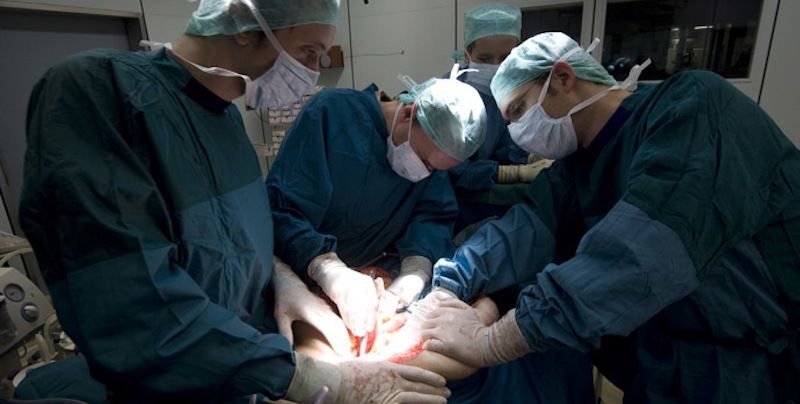Doctors will attach a fully functional 3-D printed ear on 14-year-old Jayanth this weekend
Since he lost his left ear lobe in an accident last month, 14-year-old Jayanth has been wearing a cap pulled over his ear. This is about to change this weekend when his new 3D-printed ear arrives from Mumbai. “The ear will be made of polyjet plastic and coloured to match his other ear,” said Chennai-based maxillofacial surgeon Dr John Nesan who is in charge of Jayanth’s case.

A report in The Times Of India states that after providing organ models for surgeons to practice, 3D printing service providers are now making exact replicas of diseased organs in the latest coming together of technology and healthcare. While ear lobes and teeth are easy-to-print parts, teams are working on printing liver cells. This is relatively a complex task.
In Bengaluru, at Pandorum Technologies, Arun Chandru and his team are working on 3D printing live cells which can be used in liver toxicity research. “The cells are printed into tissue-like architectures, which are then grown in bio-reactors for further study,” he said. “To print the cells we use what is called a bio ink, which is a mixture of cells and hydrogel,” added Arun, who also said that cells are printed into tissue-like architectures, which are grown in bio-reactors for future study.
“The cost and ethics involved in using such 3D bio-printed living human tissues for medical research is much better than animal and human trials,” said Arun. “In the long run, these technologies will allow on-demand manufacturing of personalised human organs, and alleviate the acute shortage,” stated Arun.
On June 27, interventional cardiologist Dr A B Gopalmurugan of SRM Institute of Medical Sciences, Hospital, Chennai, used a 3D printed rubber heart to help prepare for a complicated stent insertion. In November 2015, Chennai-based cardiac surgeon Dr K M Cherian used a 3D model before operating on a child with a complex congenital heart disease.
Do you have an interesting story to share? Please write to us at [email protected]. To stay updated with more positive news, please connect with us on Facebook and Twitter.











